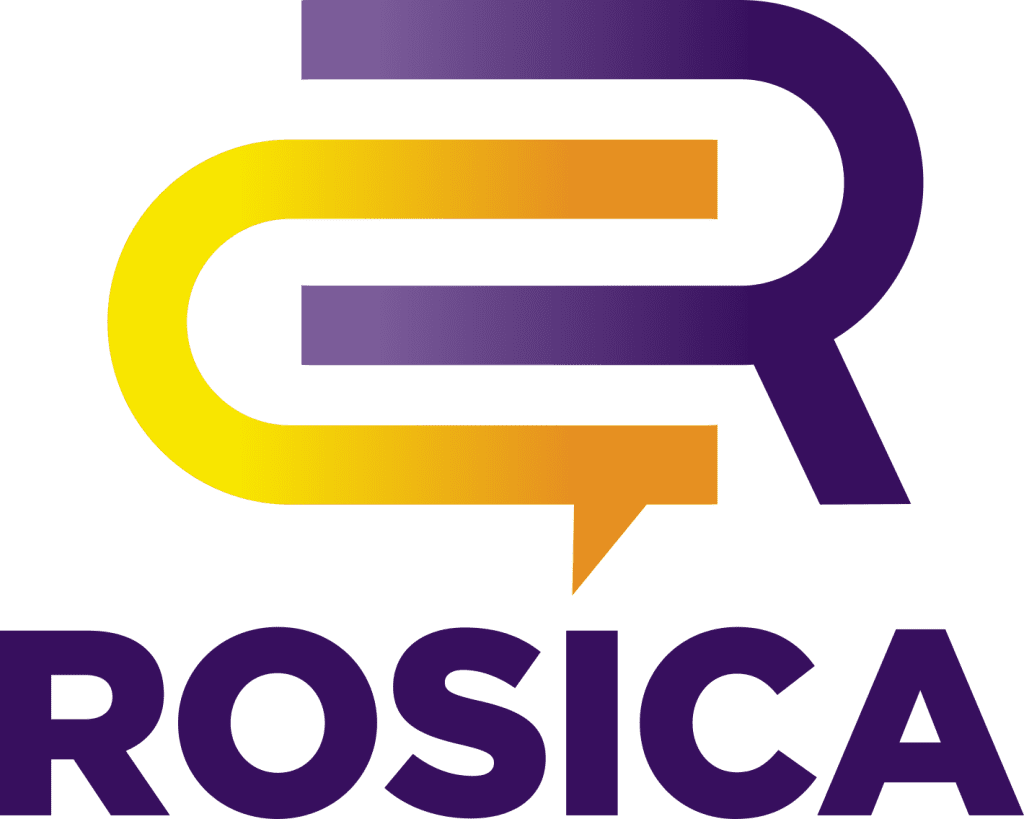AI-generated search overviews, including Google’s AI Overviews and Search Generative Experience (SGE), are redefining how people discover information online. Instead of scrolling through links on the search results page, users now see synthesized answers compiled from multiple sources atop search results.
For nonprofits, this shift poses a significant risk. If organizations fail to adapt, they risk losing visibility, donor engagement, and influence. Yet, by strategically aligning PR, SEO, and thought leadership, nonprofits can ensure their voices are included in AI-curated results and secure their place as trusted authorities in their fields.
As a top nonprofit PR agency, we are sharing ways for mission-driven organizations to strengthen visibility, credibility, and donor engagement in this highly competitive digital landscape.
How AI Overviews Are Reshaping Search
AI Overviews pull content from across the web and present it in a single, concise summary. The user often gets the answer without having to click on an external link. Therefore, traditional SEO strategies and tactics that once prioritized ranking on the first page of Google are now far less important.
For nonprofits, this change impacts donor-related searches, volunteer engagement, and cause-specific queries. A potential donor searching for “best organizations fighting food insecurity” may receive an AI-generated list that excludes certain nonprofits if their content does not meet new credibility standards. So, search results/outcomes are more focused on being one of the few sources trusted enough to inform AI’s response.
Why Nonprofits Must Evolve Their Digital Marketing
The rise of AI-driven summaries reduces the likelihood that users will click through to nonprofit websites. This means fewer opportunities for online donations, volunteer recruitment, and education about critical causes.
Competition has also intensified. Nonprofits are not just competing with peer organizations, but with corporations, government entities, academic institutions, and news outlets that publish content on similar issues. If nonprofits do not claim their space, others will, and the resulting narratives may be incomplete or misleading.
The reputational risks are real. When less credible sources dominate AI summaries, public perception of important issues can be shaped without nonprofit voices contributing to the narrative, undermining their authority and impact. This is where crisis communications PR becomes essential, so nonprofits can proactively protect their reputations and correct misinformation before it spreads.
Building Authority for AI and Human Audiences
To earn visibility in AI-driven search, nonprofits and their for-profit counterparts must prioritize credibility and expertise. Content must be accurate, transparent, and truly informative. Publishing thought leadership articles, credible impact reports, and executive commentary not only influences human audiences but signals authority to AI.
Authenticity matters. Combining data-driven storytelling with mission-focused narratives creates compelling content that both resonates with stakeholders and earns (algorithmic) trust. For example, an executive’s op-ed on systemic healthcare challenges backed by proprietary data and nonprofit expertise is more likely to be surfaced in AI-generated answers.
Technical SEO That Signals AI Importance and Inclusion
Strong content alone is not enough. Technical SEO underpins discoverability. Structured data, schema markup, and FAQs increase the likelihood that nonprofit content is pulled into AI-generated search results. Featured snippets, already a critical SEO objective, now play an even greater role in shaping what AI displays.
Website performance continues to matter. The user experience, including faster, desktop, and mobile speed load times, mobile optimization, and accessibility/compliance are essential to rank high in AI search results. Backlink authority, earned through media relations and strategic partnerships, remains one of the strongest signals of credibility. Nonprofits that invest in these technical digital marketing practices position themselves to be chosen as AI’s preferred sources.
Integrating PR and SEO for Nonprofit Visibility
PR and SEO are no longer separate disciplines. Together, they drive nonprofit visibility across search engine and AI results. Media placements in reputable outlets validate credibility, making nonprofits more likely to be cited by AI. Digital PR, including thought leadership articles, online news releases, and feature stories, provide the authoritative third-party signals that AI search and Google’s algorithms prioritize.
An integrated marketing communications strategy brings these elements together. By aligning PR programs, SEO optimization, and content marketing, nonprofits ensure consistency across platforms. This unified approach maximizes the chances of appearing in AI-generated results while also strengthening donor trust and engagement.
Conclusion: Future-Proofing Nonprofits in a Changing Search Landscape
AI-curated answers are reshaping how people access and engage with information. Nonprofits that fail to adapt risk invisibility, while those that embrace integrated PR, SEO, and thought leadership strategies can shape the narratives that define their sectors.
By partnering with Rosica, nonprofits can secure visibility, strengthen credibility, and drive measurable impact in the AI search era. The organizations that adapt now will not only preserve their influence but also shape the future of how their causes are understood and supported.
About Rosica Communications
Rosica Communications is a multi-award-winning non profit PR and integrated marketing communications agency specializing in media training, thought leadership, crisis response, cause marketing, SEO and content strategy, and digital PR. With deep expertise in nonprofit, education, healthcare, and animal health sectors, Rosica helps organizations amplify visibility, protect reputations, and drive meaningful impact.
The agency also developed the proprietary Thought Leadership Measurement Matrix™, a framework that evaluates and optimizes thought leadership programs to ensure they generate measurable ROI.
Learn more by scheduling a call with Chris Rosica: https://calendly.com/rosica/30min.

